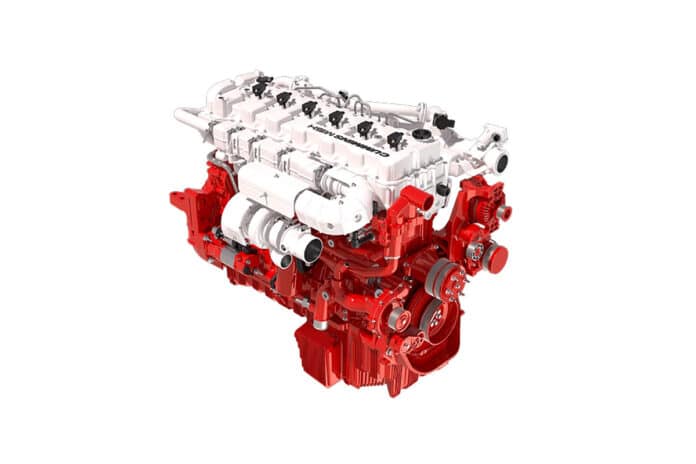Cummins and Buhler Industries, a Canada-based tractor manufacturer under the Versatile brand, have signed a letter of intent and plans to integrate the Cummins hydrogen engines in Versatile’s equipment to lead the decarbonization of the agriculture market.
Cummins’ hydrogen engines are already helping decarbonated heavy machinery. And now, they are all set to land in another vital field through the partnership under the Versatile brand. Under the new agreement, the Versatile tractors will use the hydrogen version of the 15-liter Cummins engine to power its high-end tractors.
For decades, both Versatile and Cummins have been heavily invested in agriculture and willing to expose new powertrain technologies. Diesel engines are set to remain the power of choice for the foreseeable future in agriculture. However, the two companies consider that low and zero-carbon solutions are needed for the long term. Each company is uniquely positioned to build on its exceptional history in agriculture as they step forward into new powertrain technologies.
Hydrogen combustion engines will provide a cost-effective zero-carbon fueled solution for high load factor and high utilization applications. Key benefits of using this technology include enabling a more-timely solution to reduce carbon emissions without sacrificing productivity.
It minimizes the impact on the machine design for manufacturers, allowing common parts and components across platforms to drive scale advantages, reducing costs. When integrated into farm equipment, farmers will have a solution that is dependable, as well as easy to service and maintain.
“While diesel engines continue to be the flexible power of choice for the foreseeable future in agriculture, such a collaboration enables both companies to develop low and zero carbon solutions that are ideally suited to farming,” said Adam Reid, Versatile’s Vice-President of Sales and Marketing.
“Cummins has recently announced its plan to leverage existing platforms and expertise in spark ignited technology to build hydrogen engines. The high commonality among engine components between diesel and hydrogen leverages scale advantages for OEMs while delivering the reliability that farmers need.”
